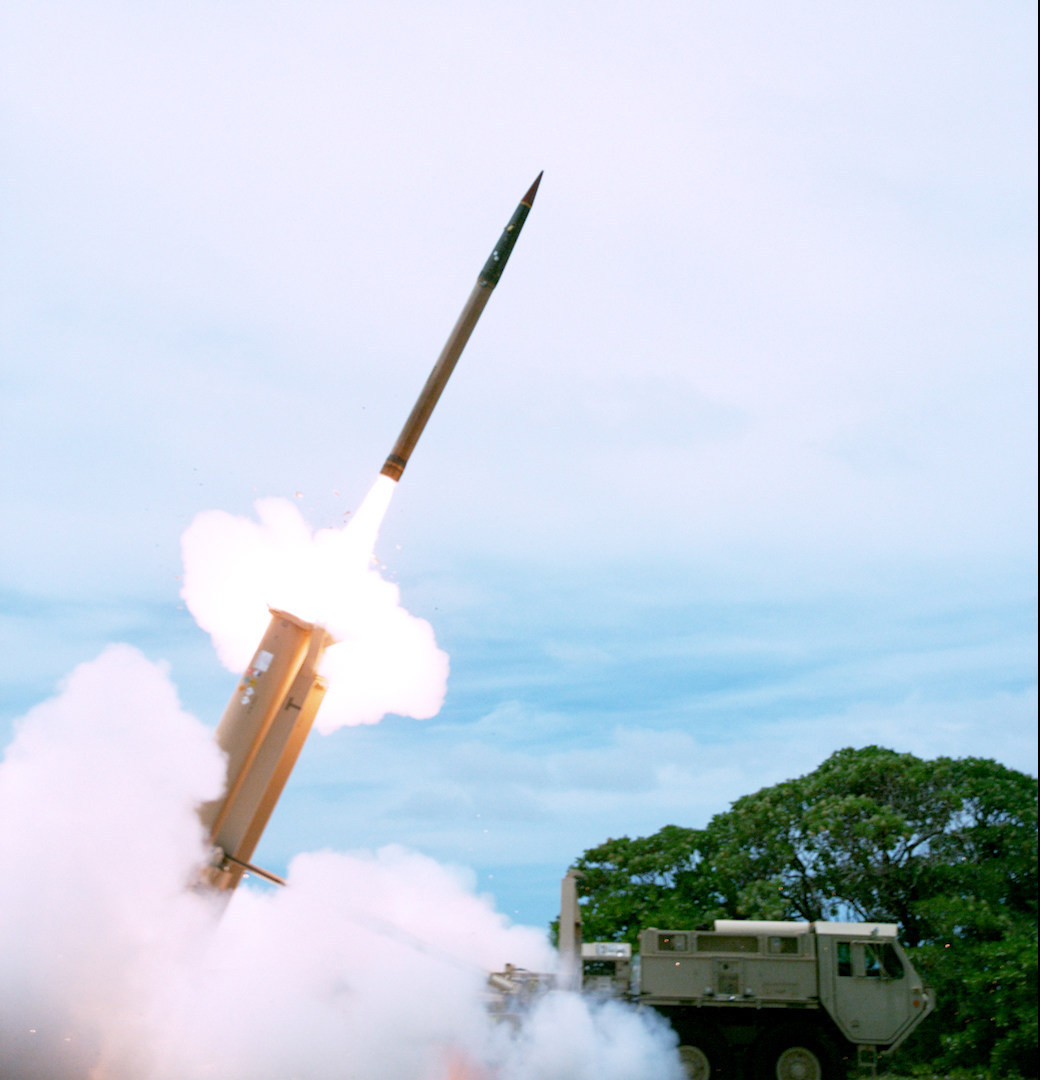The United States successfully tested the capability of its anti-missile system, called Terminal High Altitude Area Defense, to intercept medium-range ballistic missiles in an apparent move to keep North Korea in check.
The test was carried out from the US Army Garrison Kwajalein Atoll in the Republic of the Marshall Islands on Friday, according to the US Missile Defense Agency.
 |
(Lockheed Martin) |
“Preliminary indications are that planned flight test objectives were achieved and the target was successfully intercepted by the THAAD weapon system,” agency spokesperson Mark Wright said Friday.
The THAAD system, developed by US company Lockheed Martin, is an anti-ballistic missile defense system that is designed to shoot down short-, medium- and intermediate-range ballistic missiles in the terminal phase of flight. The US and South Korea have deployed THAAD in Seongju, North Gyeongsang Province, since 2017 as part of the allies’ defense system against North Korean missiles.
While it was the 16th test since 2005, Friday’s test appeared to be motivated by the desire to keep North Korea in check following a series of short-range ballistic missile and projectile launches by the communist regime. The system was not tested in 2018, when there were signs of detente with North Korea.
For Friday’s test, the US used a government-developed remote launcher kit that extended the range of the defended area, Wright said.
In a press release, Lockheed Martin said the defense system now has the capability to physically untether a THAAD launcher from the battle manager and launch interceptors remotely, greatly enhancing launcher emplacement options and increasing the defended area.
By Jo He-rim (
herim@heraldcorp.com)




![[Herald Interview] 'Trump will use tariffs as first line of defense for American manufacturing'](http://res.heraldm.com/phpwas/restmb_idxmake.php?idx=644&simg=/content/image/2024/11/26/20241126050017_0.jpg)

![[Health and care] Getting cancer young: Why cancer isn’t just an older person’s battle](http://res.heraldm.com/phpwas/restmb_idxmake.php?idx=644&simg=/content/image/2024/11/26/20241126050043_0.jpg)

